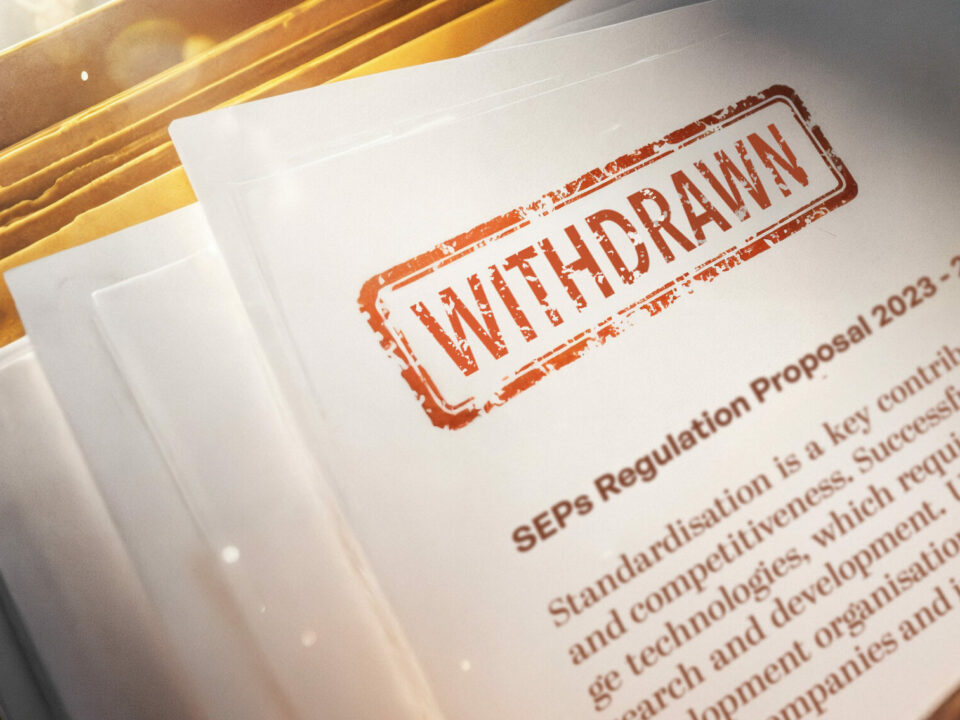Q&A with the CEO of Fractus: Ruben Bonet
1. What is your company’s technology solution?
Fractus offers antenna technologies that allow:
- connectivity in multiple frequency bands;
- integration of the antennas within the device having a small size and being multiple antennas; and
- efficiency in performance.
2. How is your technology used?
Fractus technologies can be integrated into any device that has wireless connectivity. This includes a wide range of products such as, for instance, connected medical devices, alarm systems, asset tracking devices and even smart TVs.
3. What is the impact of your invention?
Fractus has several inventions in the antenna market that help solve different needs for the devices.
These inventions matter because they allow the “internet anywhere” revolution with highly compact and wireless devices. The impact becomes apparent by comparing the size and capacity of a 20-year-old mobile phone with today’s devices. Early mobile phones needed antennas at least 15 cm long. With Fractus antennas, the size and performance of any wireless device is no longer limited by spatial constraints.
4. How was your company founded? What were the early days like?
The company was founded as a spin-off from the Catalan Polytechnic University by Mr. Ruben Bonet and Dr. Carles Puente back in 1999. In the early days, it was a product-based company that aimed to become a global reference antenna partner in selected markets such as base station antenna market, defense, mobile handsets, etc.
5. What IP rights does your company use?
Fractus uses patents and trademarks.
6. When did you file for IP, and did you use outside counsel?
Fractus started filing in 1999. Yes, an outside counsel was used.
7. How do you monitor and address instances of infringement? What types of problems have you encountered?
Fractus found the first infringement coming from a former client, who stopped working with Fractus and started working with others copying Fractus technology. Fractus ended up in the US courts to defend its intellectual property.
8. What is the balance of costs and benefits from owning and managing your IPRs?
Fractus started with a broad patent strategy, filing patents in several countries. However that has a high cost and it might not be necessary. Then Fractus fine-tuned its patent strategy and filed only in the key countries, totally aligned with the business strategy. Every company needs to find its balance of costs and benefits while managing the IP.
9. What advice would you give other innovative SMEs regarding IP management?
Fractus would give the following advice:
- A licensing business is not an alternative to a product business, it can be a business by itself.
- The IP strategy needs to be incorporated in the CEO-level strategy, because IP is not just a legal function.
- Every contract you sign in your business is important. A single mistake can devaluate your patent portfolio.
- Incorporate in your team good partners; there is no need to have them all in-house.
10. If you would have one message for government officials wishing to support innovative SMEs, what would it be?
A single harmonized European IP system and a single and specialized patent court that provides damages, injunctions in all EU countries at once would address the complexity of the current system.
Lowering the costs of the courts for SMEs and allowing supportive measures to pay for the lawyer’s costs would allow them to defend against infringers.
World IP Day 2021 celebrates innovative SMEs worldwide. To mark this occasion, IP Europe is highlighting the experiences of innovative European SMEs. IP Europe advocates for effective IP protection and enforcement frameworks in Europe, to support technological advancement, growth and quality job creation.



